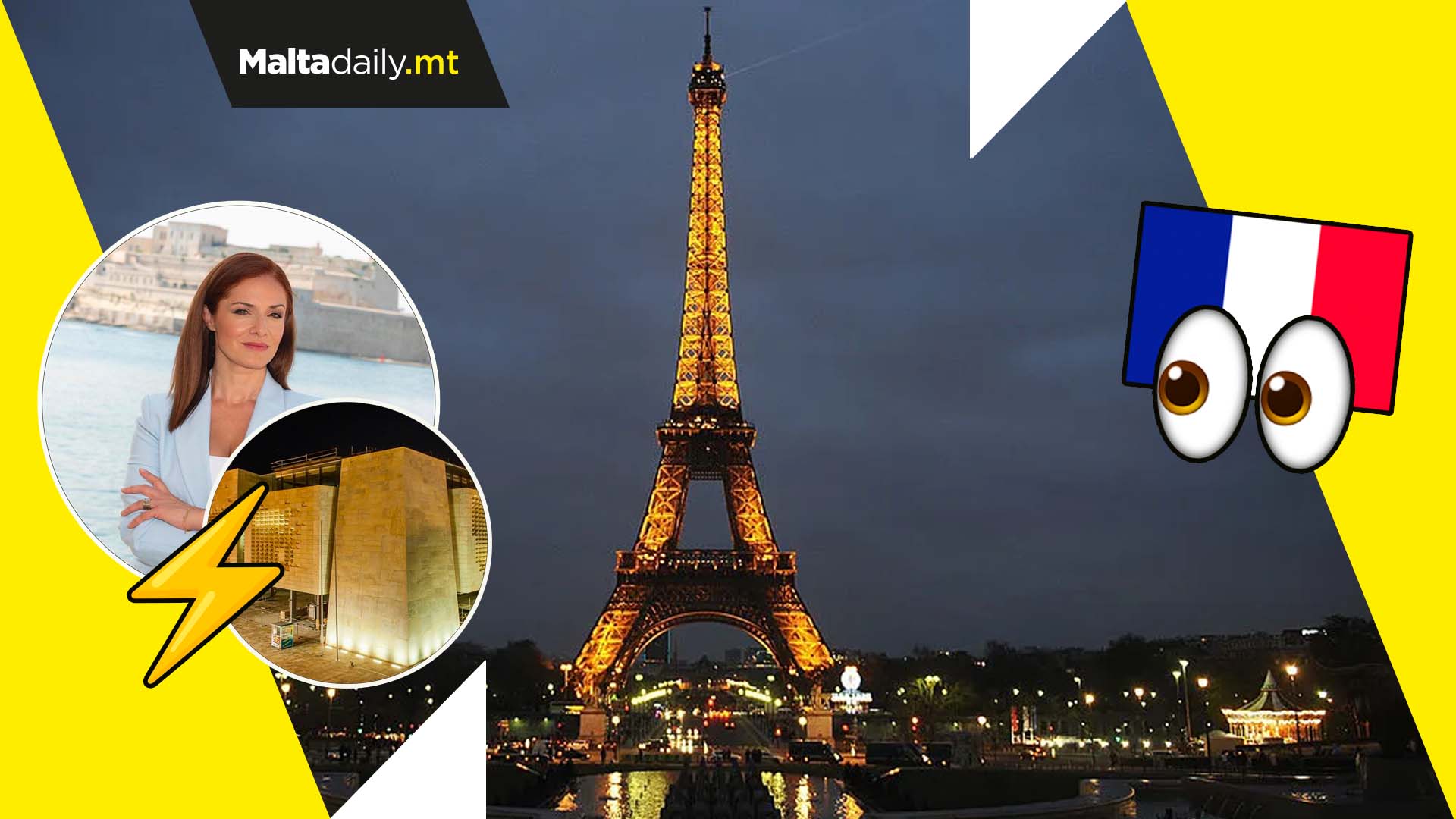Eiffel Tower to shut off lights earlier due to energy crisis – Malta to follow suit

The lights on the Eiffel Tower will now start being shut off earlier than usual in order to preserve power amid Europe’s worst energy crisis since the 1970s.
According to a Tuesday announcement by Paris Mayor Anne Hidalgo, this is part of the larger plan to save at least 10% of the city’s energy consumption in the winter months.While municipal buildings will go dark at 10pm, the monument will shut off lights at 11:45pm. Roughly 4% of the tower’s annual energy expenditures stem from lighting it up at night.
Countries like Malta are also set to follow suit through similar initiatives. It was announced late last month that decorative facade lighting on public buildings and monuments will be switched off late at night.
Public sector offices, excluding hospitals, are also to keep air conditioning at a minimum of 24 degrees Celsius in cooling mode and 21 degrees Celsius or lower in heating mode.
Throughout the summer, Malta saw a record breaking demand in energy as heatwaves battered the island. Although Malta does not import gas directly from Russia, the price of electricity bought from mainland Europe through the interconnection shot up.
Many Maltese have not felt the impacts of these costs because the government has been subsidising energy and fuel through an outlay which is expected to surpass the €200 million safety net set up by Finance Minister Clyde Caruana.
The energy crisis is one of the many impacts the sanctions on Russia have brought as it initiated its invasion of Ukraine. Despite supporting the invaded country, many of these countries relied on Russian energy exports and now wish to slowly phase out this dependency.
#MaltaDaily


